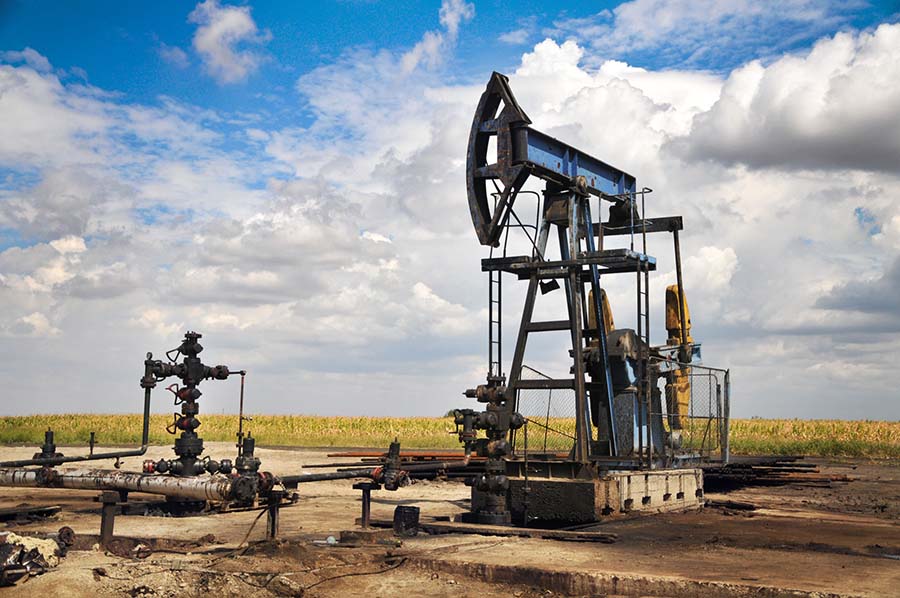Whether you find yourself immersed in good times or more challenging ones, mineral interests can provide you with income streams unlike any other assets. Into this foray have come entities such as Ten Cow Holdings, with teams of specialists who provide a turnkey solution to the often complex and time-consuming responsibilities that come with mineral ownership.
Indeed, protecting and maximizing the value and potential of minerals, oil or natural gas assets – because of the complexity of this asset class – can present itself as a full-time job. The right kind of mineral management will handle the following in a concise, professional manner:
- Title analysis and research
- Turnkey lease evaluation and negotiation solutions
- Division order processing and verification
- Lease administration and compliance monitoring
- Well proposal analysis
- Portfolio performance reporting and analysis
- Sales and auction coordination
- Research and recovery of escheated and suspended funds
- Ad valorem tax administration
- Regulatory compliance monitoring via SSAE 16 (SOC-1) audit report
- Dormant mineral review and claim filings
- Dynamic energy environment to keep clients informed
Mineral management firms, essentially, are comprised of oil and gas professionals who run the gamut from attorneys and accountants to landmen, estate planners and even geologists and reservoir engineers. Regardless of where a client or mineral interest is located, the assets an individual such as a landman manage are more than just an asset to be managed and extrapolated for wealth – rather, these assets are safeguarded for future generations.
If you are a landowner, we can tell you that you’re better off taking advantage of mineral management firms to manage your mineral assets, thereby avoiding the possibility of entering into a poorly-negotiated lease agreement that could cost you dearly in terms of additional expenses and lost revenue.
Understanding the Bottom Line
It’s unlikely that you or your beneficiaries are experts in mineral rights, and one primary challenge of inheriting rights to minerals is ensuring that you are capturing their full value – an effort that oftentimes (as we mentioned in the beginning of this article) becomes a full-time job. Your best bet is to seek out an experienced mineral management entity to make sense of your assets, ensure you hand them down with accurate documentation and make the most of them in the form of lease bonuses and royalties.
Ten Cow Holdings can be a knowledgeable, invaluable wealth management partner that understands specialist information such as the cost basis for inherited mineral rights and the day-to-day operational concerns connected with oil or natural gas assets. While no one will ever accuse selling mineral rights of being en vogue, Ten Cow Holdings can make the entire process easier to understand. Call us today at (210) 960-1564.










